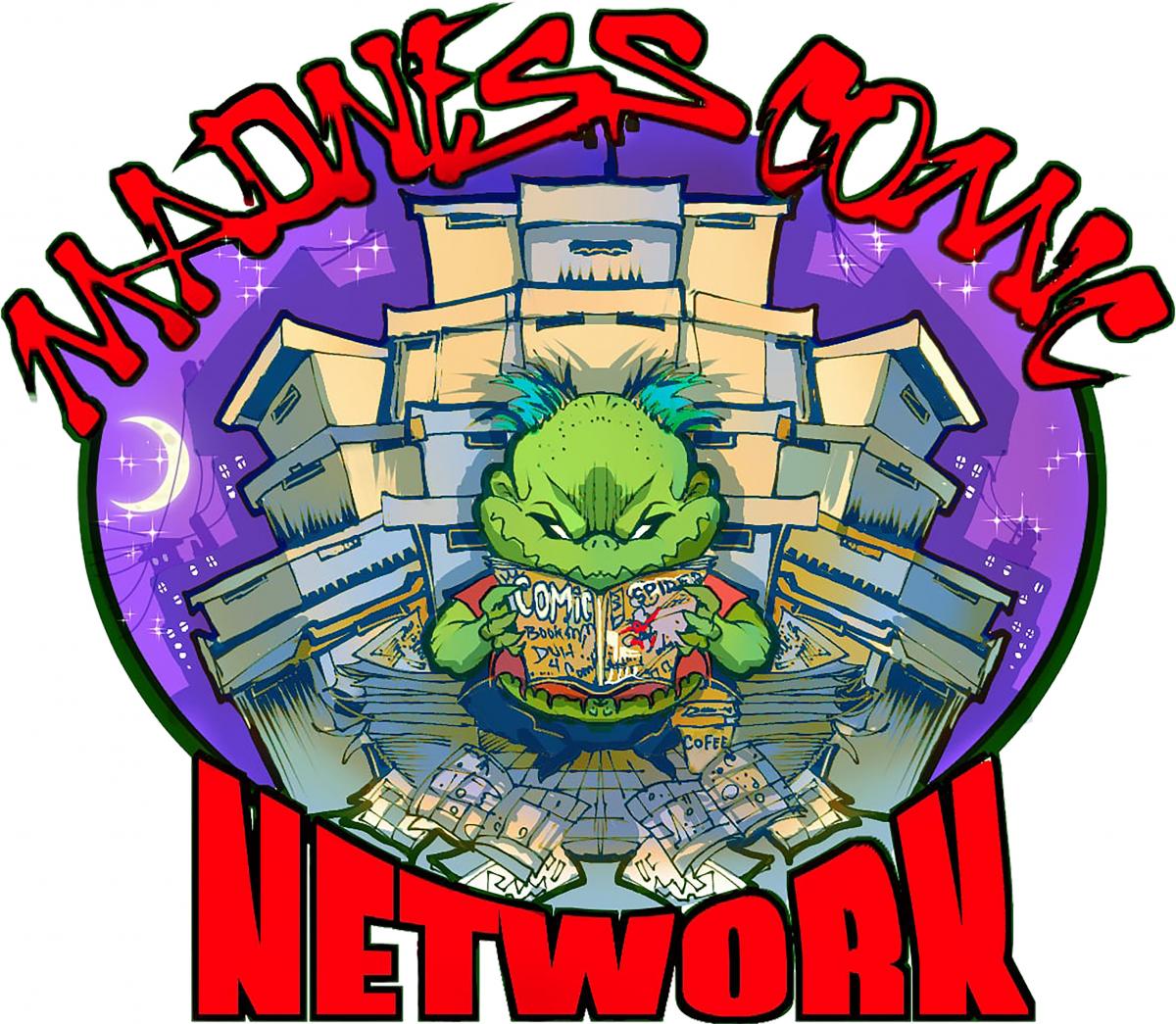You are here
Home › Comics › Tim Drake Out as Bisexual: Did DC Learn from Marvel's Mishandling of Iceman? ›Tim Drake Out as Bisexual: Did DC Learn from Marvel's Mishandling of Iceman?
FTC Statement: Reviewers are frequently provided by the publisher/production company with a copy of the material being reviewed.The opinions published are solely those of the respective reviewers and may not reflect the opinions of CriticalBlast.com or its management.
As an Amazon Associate, we earn from qualifying purchases. (This is a legal requirement, as apparently some sites advertise for Amazon for free. Yes, that's sarcasm.)

The big news in comics fandom today comes from the revelation in Batman: Urban Legends #6 that Tim Drake -- the third juvenile to assume the Robin identity as Batman's partner -- is bisexual. The coming out had been rumored for a few months, and the actual reveal wasn't done in an abrupt or shocking manner; no male-on-male kiss or anything like that. It's simply Tim struggling with how he feels about another boy, Bernard, and ending the current storyline by accepting a date with him.
Cue the hew and cry, which is to be expected. Tim has been a fan-favorite of DC Comics readers since his debut in 1989. It took him nearly a year of character growth before we would see him in the red, yellow and green, with a costume redesign that made Robin look ready for battle. That's over 30 years of entrenched fandom, during which time we've seen Tim date more than one girl, including Spoiler / Robin IV / Batgirl Stephanie Brown. Surely such a swing in orientation is out of character after 30 years of heterosexuality.
Except there's a perception problem here. This is comic books. And while we the readers have experienced over 30 years of Tim Drake -- Tim Drake has not. Tim is still in his teens (a Google search will tell you that Tim is established as 16 years old). He doesn't experientially have 30+ years of heterosexuality under his belt. He is, in fact, traditionally at the age where humans begin to form their sexual identities and predilections.
It may be abrupt to the readers, but it is not so much to Tim.
And, to DC's credit, while this has taken place over a relatively short period of time, they did at least spend a few issues of Tim doing introspection, interrogating his feelings and struggling to come to terms with them. This didn't happen within the space of a panel and a blurted truth from a psychic teenage girl. Longtime fans may not like it, may think -- and not without some merit -- that a longstanding character has been subsumed in the name of diversity. But if one truly sits and thinks about it, Tim Drake is a character -- and a major character -- with whom this metamorphosis can work, as opposed to, say, the rather sudden and forced transition that was imposed on Green Lantern Alan Scott.
Speaking of boys named Drake, we've alluded already to Bobby Drake, aka Iceman, in the universe next door. Iceman is another character who exhibited decades -- two decades more than Tim,in fact -- of confirmed heterosexuality. Fifty years of dating women, fifty years of readers being privy to his personal thoughts (because comics). And while the mechanics of Iceman's coming out still technically had him as a teenager from the past (time travel was inolved; it's complicated), the traditional version of Iceman was definitely established as an adult. His change of orientation was done more as the "flip of a switch," bypassing all struggle and discovery. Which is the real crime of making Bobby Drake gay: not making him so in the first place, but the ham-handed way in which it went down.
Think about the story that could have been told. Bobby Drake is Iceman because he is an X-Man -- a mutant. And we've seen mutants in the Marvel universe change over time due to continued mutations. Hank McCoy went from being an agile big-footed fellow to a blue-furred anthropomorphic creature. Emma Frost evolved from a superior telepath into someone who could harden her body into a living diamond. But why do these mutations only have to represent themselves in the form of super abilities? There are scientific studies into the theories that our sexual orientations, to some degree, can be influenced by our genetics. Imagine the depth of storytelling -- the angst, anguish, and acceptance -- that could have been genuinely explored if Bobby's sexual orientation underwent an alteration due to continued subtle mutations in his mutant genes. Imagine the things his fellow mutants might begin to mull over if they're perception of future mutations expanded beyond "more powers."
So in the "Tale of Two Drakes," it's clear that DC learned a lesson from Marvel's mistakes on how to handle this kind of a character shift. Now, how well they can continue it is another matter that only time will tell.


